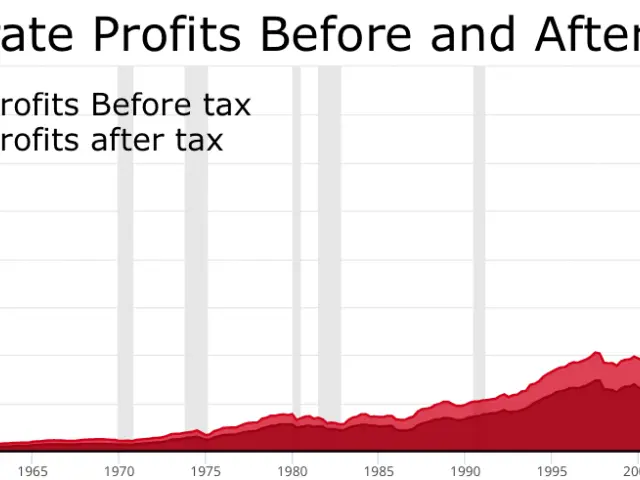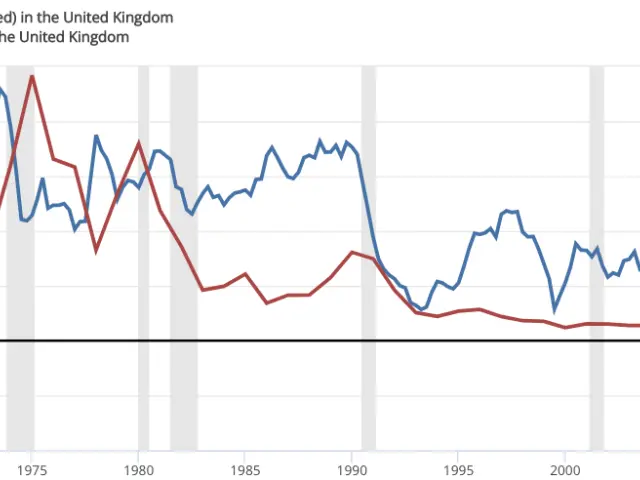Challenging Coworkers May Not Be the Issue: It Could Be Your Approach Instead
Revised Article:
Diana Lowe, chief executive officer of Blue Light Leadership, assists organizations in enhancing employee engagement via Positive Psychology and Coaching.
Take Carol, for example, fuming over her direct report, Mark. He seemed like a fantastic catch during the interview, but his attitude took a turn once he started the job, leaving Carol exasperated with his lax work ethic, lack of communication, and chronic underachievement.
Carol found herself disheartened. Expecting a power couple for her team, Carol ended up facing one confrontation after another. Mark seemed to have an aversion to authority, defying company culture, dress codes, and organizational policies. He cherry-picked office days, skipped meetings, and dresses inappropriately for his position.
From Carol's account, it seemed like Mark had a bone to pick with her hierarchy. She was caught between a rock and a hard place, while Mark believed he was sold a pup – a half-baked team with negligent onboarding. Instead of excitement, his initial feelings turned into disappointment, and this frustration seeped into his work.
Workplace Difficulty: Two Sides Coin
It doesn't take much for a person to be saddled with the "difficult" label at work. But who's really in the wrong, and who's considered difficult? Both Carol and Mark felt disillusioned with unmet expectations and communication breakdowns. They found themselves trapped in a vicious cycle of blame, and Carol and Mark aren't the only ones struggling with challenging relationships at work.
Reviewing Carol's coaching sessions, it was apparent that she strove to create a comfortable work environment and set Mark up for success. Yet, their conflict remained unresolved. Mark was equally fault-finding, viewing his boss as the root of all his woes, never once accepting responsibility for his role in the discord.
Mastering Emotional Intelligence for Tough People
With a renewed focus, Carol and I embarked on an emotional intelligence journey. The objective was to develop self-awareness and emotional mastery amid adversity.
1. Prevent a Snap Before It Happens
Don't rush to the therapist's couch to enhance self-awareness. Before reacting to a difficult colleague, pause and assess your emotions. Is frustration brewing or anger surging? Recognizing these emotions lets you react thoughtfully instead of impulsively.
Tip: Maintaining a journal or practicing mindfulness techniques can help track your emotional responses and reveal patterns over time.
2. See the World from Their Angle
Blindly judging every word another person utters isn't conducive to open, lively discussion. Difficult people sometimes act out due to stress, insecurities, or personal circumstances. Instead of taking their behavior personally, empathize to de-escalate the tension and improve communication. Approaching conflicts with compassion has a defusing effect.
Secret Sauce: Take a moment to understand the external factors influencing their behavior; there might be a deeper story behind their negativity. Practice active listening by summarizing participants' concerns, maintaining eye contact, and asking clarifying questions.
3. Grow Your Own Inner Diamond
A diamond is merely carbon under pressure; its true brilliance unfolds once it's put to the test. If you're prone to react impulsively to workplace stress, learning how to thrive under pressure is essential. Emotionally intelligent professionals remain composed even when provoked by difficult colleagues. Remaining calm keeps you firmly in control of the situation, rather than surrendering to emotions.
Mastery Techniques: Try inhaling for four seconds and exhaling for six, counting to ten before responding to an irritating comment, or taking a step back to regain your composure before engaging again.
A Lifelong Learning Curve
Difficult colleagues can be valuable learning opportunities, offering chances for self-reflection, growth, and emotional mastery. While it's easy to cast blame at another, genuine emotional intelligence involves introspection – understanding how we behave, what triggers us, and what we can control. Receiving guidance from a mentor, therapist, coach, or trusted friend can help illuminate the lessons learn from these interactions.
Joining the Forbes Coaches Council:
The Forbes Coaches Council is an exclusive, invitation-only community reserved for leading business and careers coaches. If you believe you qualify, consider applying for membership.
- In the revised article, Diana Lowe, the CEO of Blue Light Leadership, is highlighted for her efforts in improving employee engagement through Positive Psychology and Coaching.
- Carol, a team leader, found herself grappling with the performance issues of her direct report, Mark, whose poor work ethic and disregard for authority seemed to plunge their relationship into constant conflict.
- In an attempt to navigate the challenging relationship with Mark, Carol and a mentor embarked on an emotional intelligence journey aimed at developing self-awareness, empathy, and resilience – key traits for managing difficult people at work.







